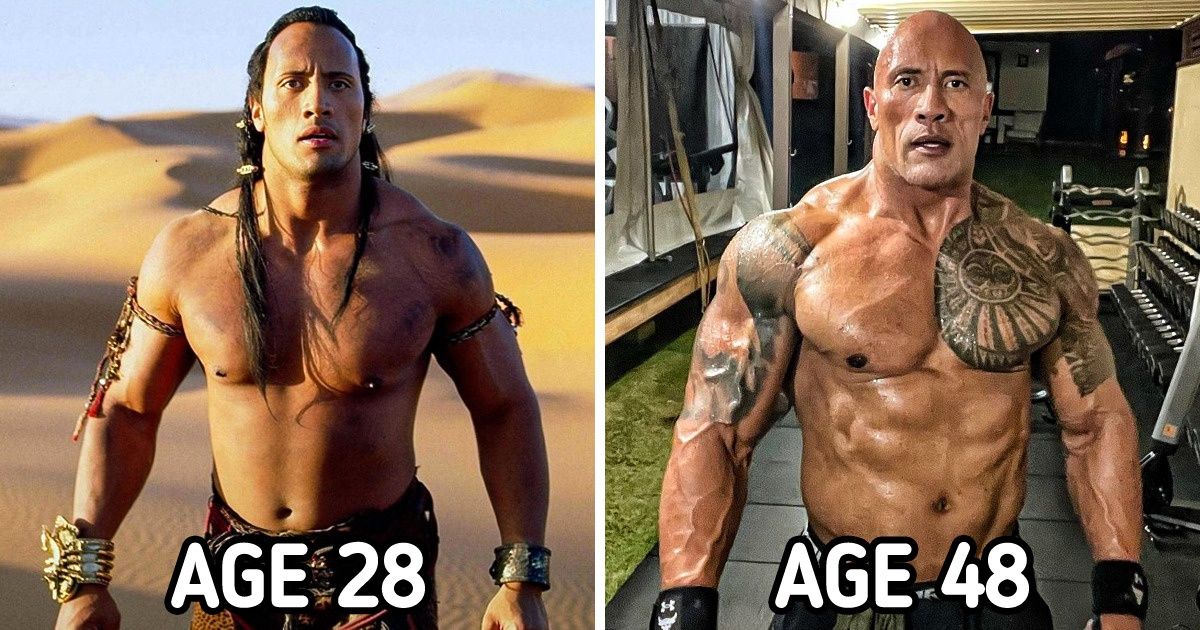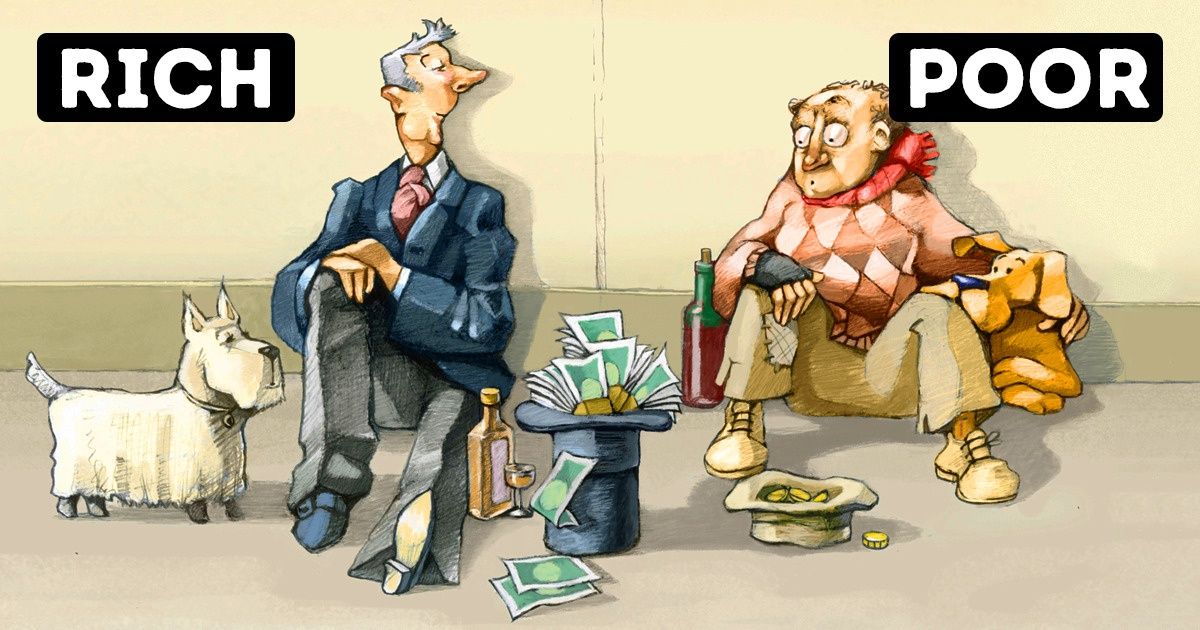Today, the traditional measure of success, owning an apartment and/or a car, is outdated. An increasing number of young people around the world do not want to buy them.
Research shows that the so-called millennial generation, now in their 30s and 35s, rarely buy houses and, even more rarely, cars.
In fact, they don’t buy anything very expensive. In the United States, people under the age of 35 are called the ‘generation of renters.’
Why Does This Happen?

Some sociologists say it is because modern youth suffer financial crises. This is why people are afraid of “serious” loans.
But it is not the most important reason. The fact is that the current generation of young people differs from that of their parents. They have other values.
Today’s youth have reconsidered the concept of success, which means:
- Successful people don’t buy property, they rent.
- If you want to be considered a success, invest in experiences: traveling, practicing extreme sports, building startups.
The point is that people now don’t want prosperity and stability; all they want is flexible hours and financial and geographic independence.
People Have No Interest In Material Things

Why have a car if you can take a taxi? It is almost a personal car with a driver. And it is not more expensive than having your own car.
Why buy a house in a beautiful place and go on vacation when you can find a place to stay through Airbnb anywhere on the planet?
You don’t have to pay more to rent or buy property in a country you love. The same goes for real estate in your hometown:
- You don’t know how long you will stay where you live.
- You can get a mortgage for 40 years or you can accept the fact that you will spend a lifetime renting a property.
Probably change jobs in the next few years. If you rent, nothing prevents you from approaching the office.
According to Forbes, modern youth change jobs every three years, on average.
The Concept Of Ownership Is No Longer Relevant

James Hamblin, the columnist for The Atlantic, explains the phenomenon as follows: ‘Over the past decade, psychologists have done a lot of research showing that, in terms of happiness and a sense of well-being, spending money on new experiences is much more profitable than buying new things. It brings more joy.’
Experiences Help Us Make Friends
Social interaction between people is essential for them to feel happy or not. Talking to other people and having lots of friends makes you a happier person.
But do people prefer to know how they spent a year in a wild country or how many apartments they have already bought?
Here’s an excerpt from Hamblin’s article:
“It turns out that people don’t like to hear about other people’s belongings, but they do like to know about the time you saw Vampire Weekend.”
Remember that even a bad experience can turn into a good story. Material things cannot.
Buying Things Makes Us Worry
There is one more thing. The things we have, especially if they are very expensive, worry us about their condition. If you buy a car, it will fail every time someone’s alarm goes off.
If you buy a house and fill it with expensive items, you will be afraid of being robbed.
Not to mention the fact that a car can get scratched or broken, and a super expensive TV can break after a year of use. But no one can take away the experiences you have.
Every Purchase Will Go Down In Price Over Time
Our parents couldn’t travel as often as we were. There was no possibility of having so much fun. They didn’t have as many opportunities to start a new business.
So they invested in houses and cars, and we don’t want to do that. After all, every purchase, if it is not a house or an apartment, will depreciate over time.
And if we think about how quickly real estate depreciated during a crisis, it all becomes even more obvious.
Experience is the only thing that matters: it will not drop in price and no one will be able to steal it.









